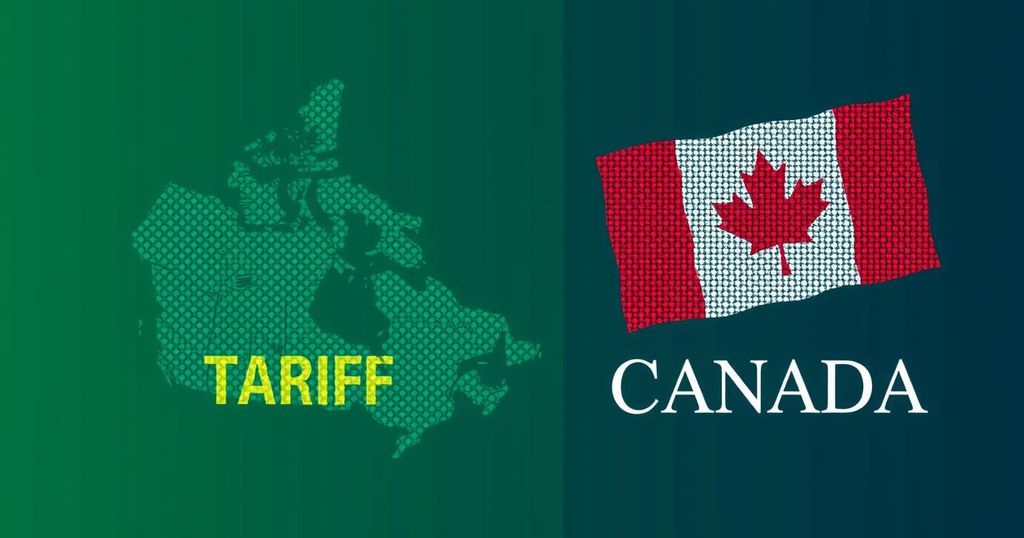Trump’s Tariff Proposal: Economic Threats and Trade Deal Consequences
President Trump’s proposed tariffs on imports from Canada, Mexico, and China could dramatically raise prices for consumers and undermine the existing USMCA trade agreement. Experts warn that these actions mirror past tactics and may not achieve the desired outcomes, leading to inflation and strained international relations.
President Donald Trump’s proposed tariff plan threatens to increase prices for a wide range of goods, potentially undermining his own trade agreement with Canada and Mexico, known as the USMCA. Upon taking office, Trump suggested levying a 25% tariff on all imports from Canada and Mexico in response to immigration and drug-related issues. He also indicated an additional 10% tariff on products imported from China. Given that these three nations constitute America’s top trading partners, such tariffs would significantly impact the U.S. economy.
Experts have expressed skepticism regarding the efficacy of this strategy, noting that it mirrors prior threats made during Trump’s first administration, which may not yield the same results this time as other countries have become more alert to these tactics. Raymond Robertson, a professor at Texas A&M University, points out that countries are aware this approach could be “disruptive” and lead to adverse consequences, potentially pushing them to increase collaboration with other global powers. Moreover, the likely inflationary effect of tariffs may counter Trump’s campaign narrative on rising prices, with economists warning of increased costs to consumers resulting from the additional tariffs.
The USMCA, which replaced NAFTA, aimed to facilitate largely duty-free trade between the U.S., Canada, and Mexico when it was enacted in 2020. Trump’s potential tariffs would violate its terms and dismantle the cooperation established in the agreement. Although Trump aimed to address the USMCA terms by initiating a review process, this is not slated to occur until 2026. Both the Canadian and Mexican governments have communicated concerns about Trump’s tariff threats, with Canadian Prime Minister Justin Trudeau emphasizing the strong ties between the two countries.
In conclusion, if implemented, Trump’s tariff plan could create widespread economic repercussions, increase consumer prices, and potentially weaken established trade agreements with key partners. Furthermore, the escalating tensions may disrupt diplomatic relations, as illustrated by Mexico’s response urging for cooperation rather than confrontational tactics.
The article discusses President Donald Trump’s tariff proposal targeting major trading partners, including Canada, Mexico, and China. Initially introduced during his campaign, the proposal aims to impose significant tariffs on imports from these countries, ostensibly to address immigration and drug issues. However, the plan raises serious concerns about potential economic fallout, including increased costs for American consumers, while simultaneously jeopardizing the USMCA trade agreement established under Trump’s previous administration. This context is critical for understanding the implications of such tariff actions on domestic and international trade relations.
In summary, President Trump’s tariff strategy risks elevating consumer prices significantly while contradicting the foundational goals of his administration’s trade agreements. The support for such tariffs is met with skepticism from experts who acknowledge the potential inflationary impact on American households. As tensions grow, it is essential to consider the broader ramifications on U.S. trade relationships and the potential for closer ties among America’s trading partners abroad.
Original Source: abcnews.go.com




Post Comment